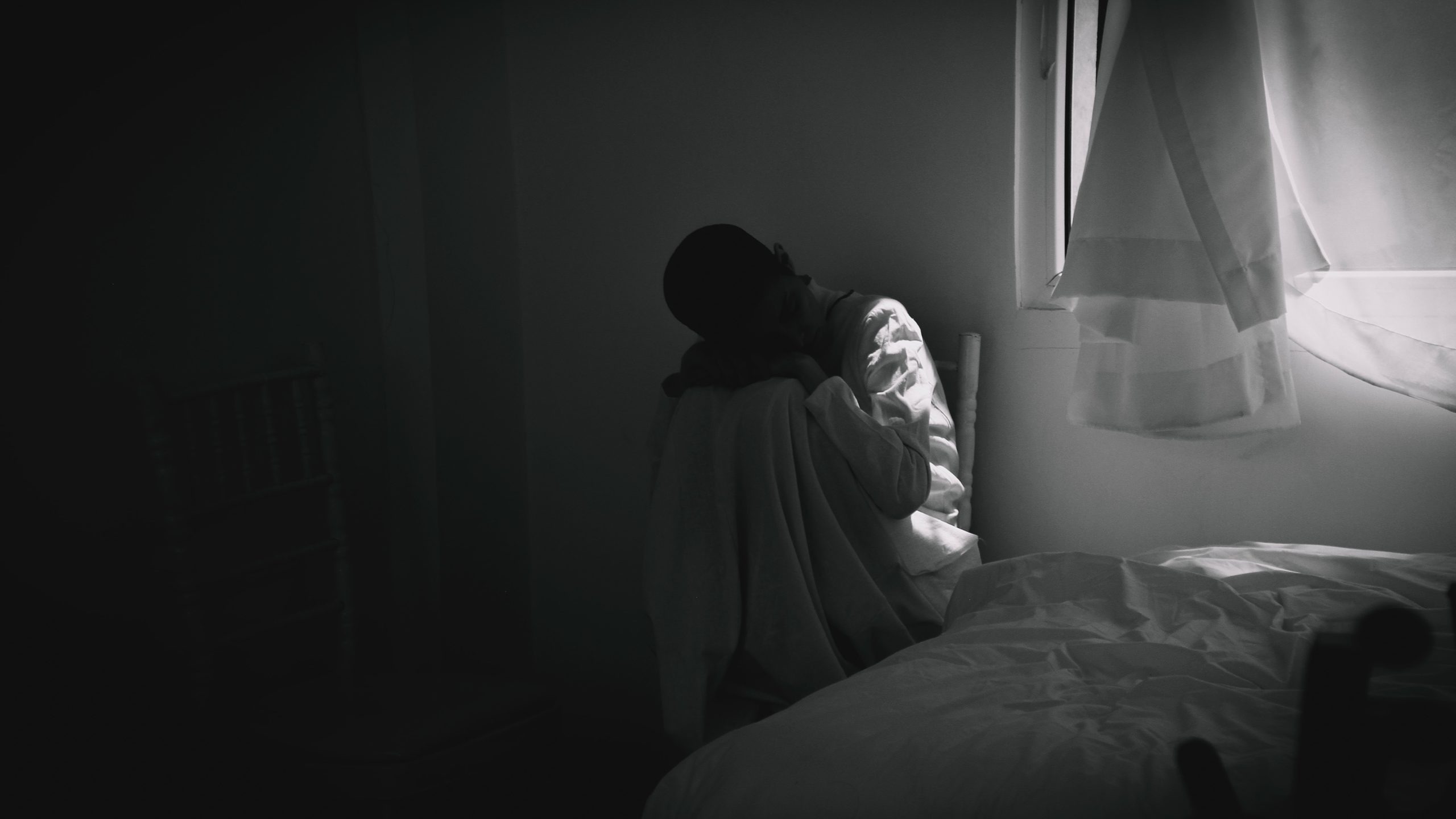Five unusual tips and proven remedies of ancient healers
It happens, albeit infrequently – you lie at night, in the pitch darkness of a well-ventilated, soundproof bedroom, blink your eyes, trying to fall asleep, and in no one. And all because my head is full of thoughts that do not want to leave it: what happened today, what needs to be done tomorrow, and why I missed German today, but I wonder what he meant, if I will have time for vaccination tomorrow … Reason throws up ideas for reflection, inappropriately pulling out from the archives memories of what you did in school or that business trip last year, and what came over me, dear mother, could politely refuse …
Sleeplessness due to thoughts running around in the brain when normal people have a tenth dream is actually not a trifle, and can be a sign of anxiety disorder or the onset of depression. A medical diagnosis, of course, does not shine for everyone, but it is better not to bring about the sad consequences, but to get rid of the symptoms until they turn into a nightly problem with complications.
There is no one-size-fits-all solution, so we chose the recommendations of five sleep experts – from those that sound more original than “count sheep” or “get a good air out of the room.” At least now you have something to read when insomnia hits again.
Get distracted by fictional projects
A professor of sleep medicine at Oxford University: “The main condition for sleep is a calm mind. If you are annoyed by the thought of a problem and cannot fall asleep, try to switch your mind to a non-alarming topic to keep your mind busy. Come up with a make-believe situation and develop it with the full dedication of your imagination. For example, imagine that you unexpectedly inherited a small estate – how would you furnish it? Or, if you decided to stage Hamlet in the nearest drama theater, how would you distribute the roles among colleagues and acquaintances? “
Can’t sleep – do not sleep
A sleep consultant says “It’s been 20-30 minutes since you went to bed, and you still have no sleep in your eyes? Get out of bed and do some non-energetic activity. Forget about your phone and don’t turn on the TV. Correct option: open a notebook, personal diary, or take a piece of paper and write down the thoughts that keep you awake, ending with the words: “This can wait until tomorrow.” Then go back to bed, close your eyes, focus on the breath and this mantra. “
Write down problems on paper
The expert adds “Spend 15-20 minutes every day to put on paper the thoughts that worry you. This therapeutic technique will allow you to look at the problems from the outside and realize that you may be exaggerating their significance, and will also help to separate real (happened) problems from hypothetical (“what if…”). Over time, you will get used to making a plan of action to deal with real-life situations and letting go of fictional experiences before you go to bed. “
Breathe well
Another expert shares: “Deep breathing is a powerful method of distracting attention from obsessive thoughts, especially if you follow your breaths in and out with rhythmic counting. The exhalation should be longer than the inhalation and alternate between them with pauses: count to three on inhalation, pause, count to five on exhalation, pause again. Concentrate on this exercise if your mind wanders around. It will work in 10 minutes, tested on myself! “.
Try not to try too hard
A somnologist: “Trying to sleep with all your might is a recipe for insomnia, and the reason is paradoxical thinking. If you stop persuading yourself to sleep, and give the installation to stay awake, there will be more chances to fall into the arms of Morpheus. By accepting the idea that sleep is canceled, you will stop worrying about it. The level of arousal will decrease, thoughts will gradually subside and the body will calm down. “
And if all else fails …
The era of the vigilant invention of sleeping pills began in humanity a long time ago, as evidenced by the methods of different centuries, collected in the book Wild Nights: How Taming Sleep Created Our Restless World by Benjamin Reiss.
• The recommendation of the 16th century French physician André du Lawrence: “Place a good leech behind each ear. When they punch holes in the skin, remove them and put a grain of opium in each bite. “
• The advice of the French surgeon of the 16th century Ambroise Paré: “Kill the sheep, pull out the lungs, attach on both sides of the head and hold until they cool.”
• A tip from the personal experience of the 15th century philosopher Marsilio Ficino: “After dinner, eat salad, drink wine and grate whiskey with an ointment of violet or camphor oil with the addition of poppy seeds and lettuce, boiled in poppy juice with sugar, saffron and balsamic. Then listen to some nice music and lie on the bed covered with leaves of fresh, cool plants. “






